Courses Infomation
Advanced Mindfulness: The Art and Science of Self-Compassion by Tim Desmond

Advanced Mindfulness: The Art and Science of Self-Compassion by Tim Desmond
**More information:
Description
- Techniques to help clients break through self-criticism, insecurity and depression
- The fascinating convergence between modern science and mindfulness practice
- Practices to re-energize your work and increase your effectiveness
- Explanation of self-compassion as vital element of mindfulness practice that is often overlooked in the mental health field
Self-compassion might be the single most important skill for effectively dealing with difficult emotions. In fact, a lack of self-compassion is one of the strongest predictors for anxiety, depression and other mental health problems. This seminar will equip you with tools to build the capacity for self-compassion in your clients. We will explore the convergence between modern science and mindfulness practices that can be used to build self-compassion in the present, and can be applied to heal past trauma. You will be taught a thorough, yet accessible, orientation to cognitive science and neuroscience as they relate to mindfulness.
This seminar recording consists of highly engaging and experiential learning that will give you a firsthand experience of how these practices can build and sustain well-being. You will have an opportunity to practice guiding others and being guided through mindfulness and self-compassion exercises with the support of skilled supervision. Take home the Toolbox for Teaching Mindfulness and the Toolbox for Teaching Self-Compassion, allowing you to immediately incorporate what you have learned into your work with clients.
Mindfulness
- Advanced breathing meditation
- Origins of mindfulness in the East and West
- 18 qualities of mindfulness
- The Toolbox for Teaching Mindfulness
EXPERIENTIAL EXERCISE 1:
MINDFULNESS OF THE BODY AND FEELINGS
Cognitive Science
- Latest research from cognitive science
- The two-system model of mind
- Convergence of cognitive science and mindfulness
Self-Compassion
- Compassion that transforms suffering
- Compassion that contains love, joy and equanimity
- Use of phrases in compassion meditation
- The Toolbox for Teaching Self-Compassion Part 1
EXPERIENTIAL EXERCISE 2:
SELF-COMPASSION IN THE PRESENT MOMENT
Healing the Past in the Present
- Case study on self-compassion to heal childhood abuse
- The past is present in the brain
- How memories constantly change
- Working with past suffering
- The Toolbox for Teaching Self-Compassion Part 2
EXPERIENTIAL EXERCISE 3:
SELF-COMPASSION IN A PAST EXPERIENCE
Neuroscience and Transformation
- Neuron’s that fire together, wire together: Hebb’s Law
- The miracle of neuroplasticity
- Mechanisms of change: mindfulness and mirror neurons
- Parallel processing and the many-layered mind
Self-Inquiry and Inner-Dialogue
- Case study on self-inquiry and inner-dialogue
- Multiple streams of volition
- The practice of listening deeply to thoughts and feelings
- Offering compassion to thoughts and feelings
- When to ignore and when to listen to a thought or feeling
Self-Compassion, Mindfulness and the Profession
- Applying practices in our professional lives
- Work with difficult clients
- Avoid compassion fatigue
EXPERIENTIAL EXERCISE 4:
COMPASSION FOR ALL
More information about Medical:
Medicine is the science and practice of establishing the diagnosis, prognosis, treatment, and prevention of disease.
Medicine encompasses a variety of health care practices evolved to maintain and restore health by the prevention and treatment of illness.
Contemporary medicine applies biomedical sciences, biomedical research, genetics, and medical technology to diagnose, treat, and prevent injury and disease,
typically through pharmaceuticals or surgery, but also through therapies as diverse as psychotherapy, external splints and traction, medical devices, biologics, and ionizing radiation, amongst others.
Medicine has been around for thousands of years, during most of which it was an art (an area of skill and knowledge) frequently having connections to the religious and
philosophical beliefs of local culture. For example, a medicine man would apply herbs and say prayers for healing, or an ancient philosopher and physician would apply bloodletting according to the theories of humorism.
In recent centuries, since the advent of modern science, most medicine has become a combination of art and science (both basic and applied, under the umbrella of medical science).
While stitching technique for sutures is an art learned through practice, the knowledge of what happens at the cellular and molecular level in the tissues being stitched arises through science.
Salepage : Advanced Mindfulness: The Art and Science of Self-Compassion by Tim Desmond
About Author
Tim Desmond
Tim Desmond is a psychotherapist, author, Distinguished Faculty Scholar at Antioch University New England, and student of Zen Master Thich Nhat Hanh. Founder of Peer Collective, and co-founder of Morning Sun Mindfulness Center, he lives in Alstead, NH, and teaches mindfulness and self-compassion practices audiences around the world. His publications include Self-Compassion in Psychotherapy (W.W.Norton, 2015), The Self-Compassion Skills Workbook (W.W.Norton, 2017), and How to Stay Human in a Fucked Up World (HarperOne, 2019).

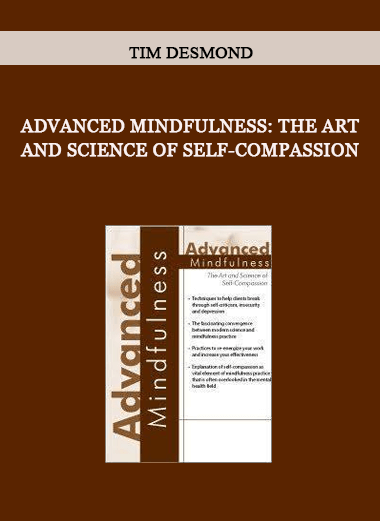
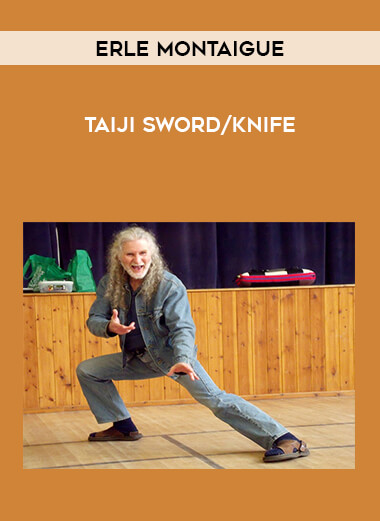



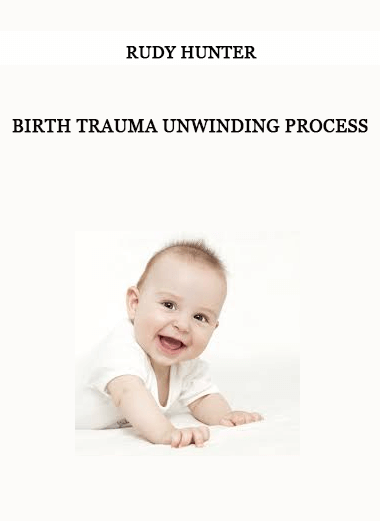
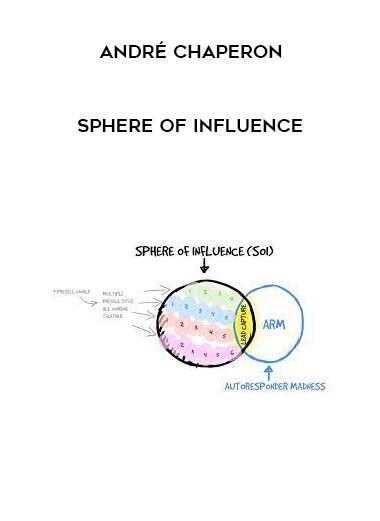

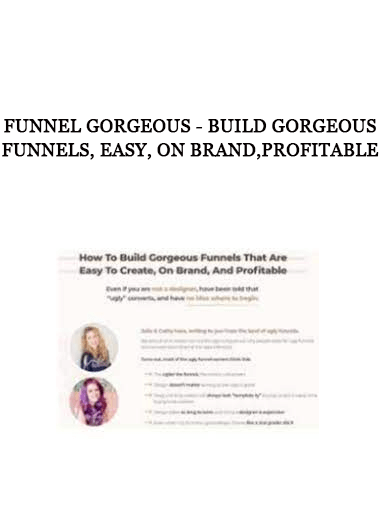
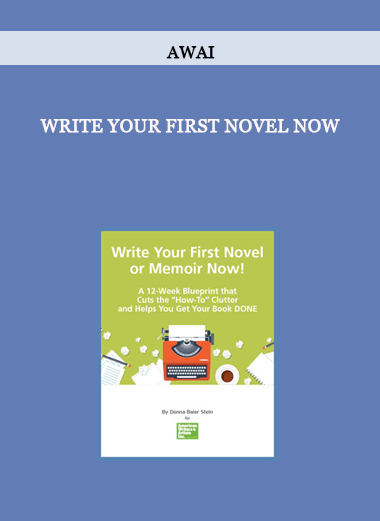
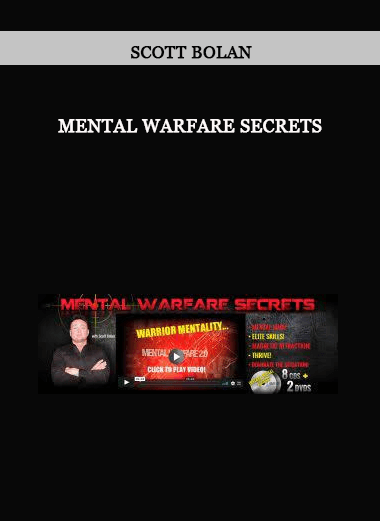



















Reviews
There are no reviews yet.